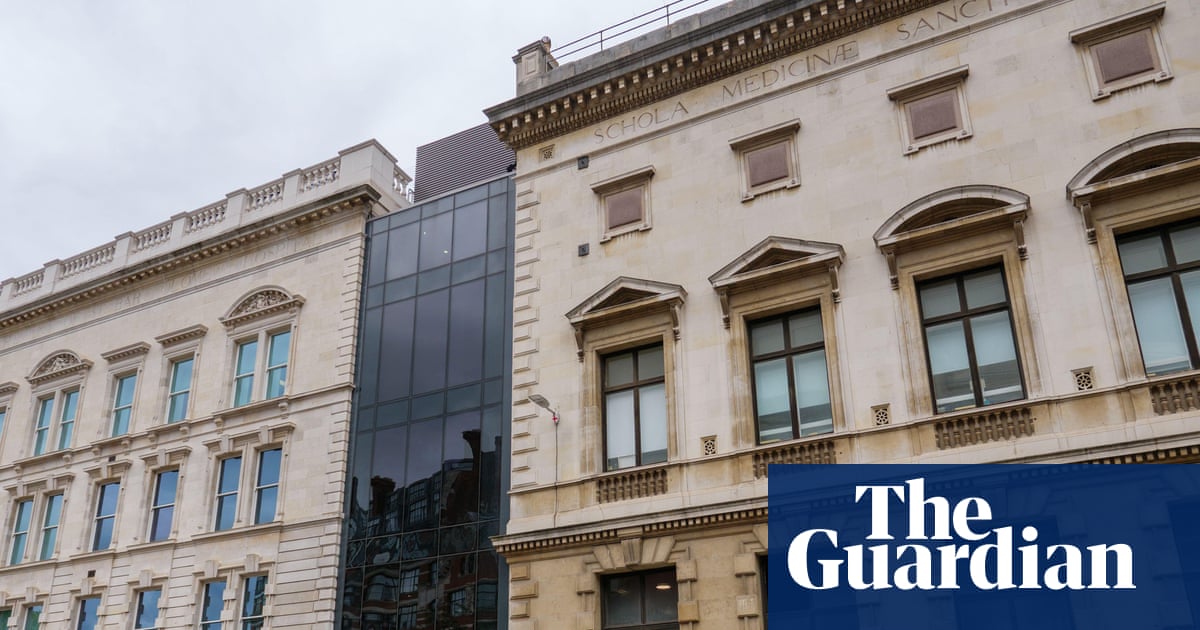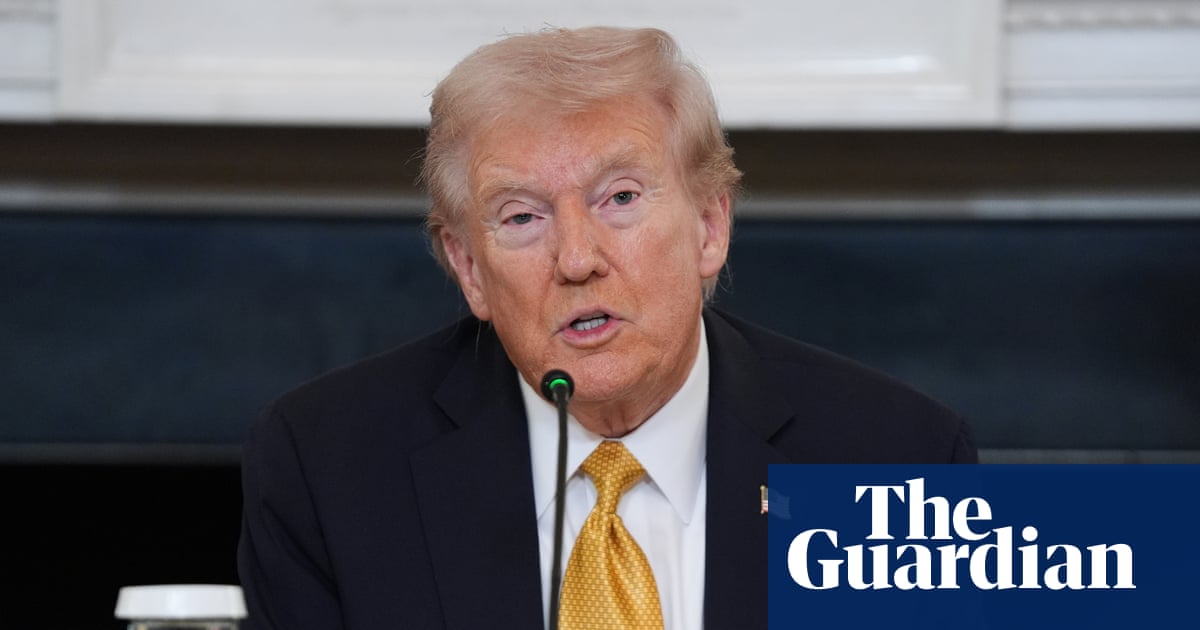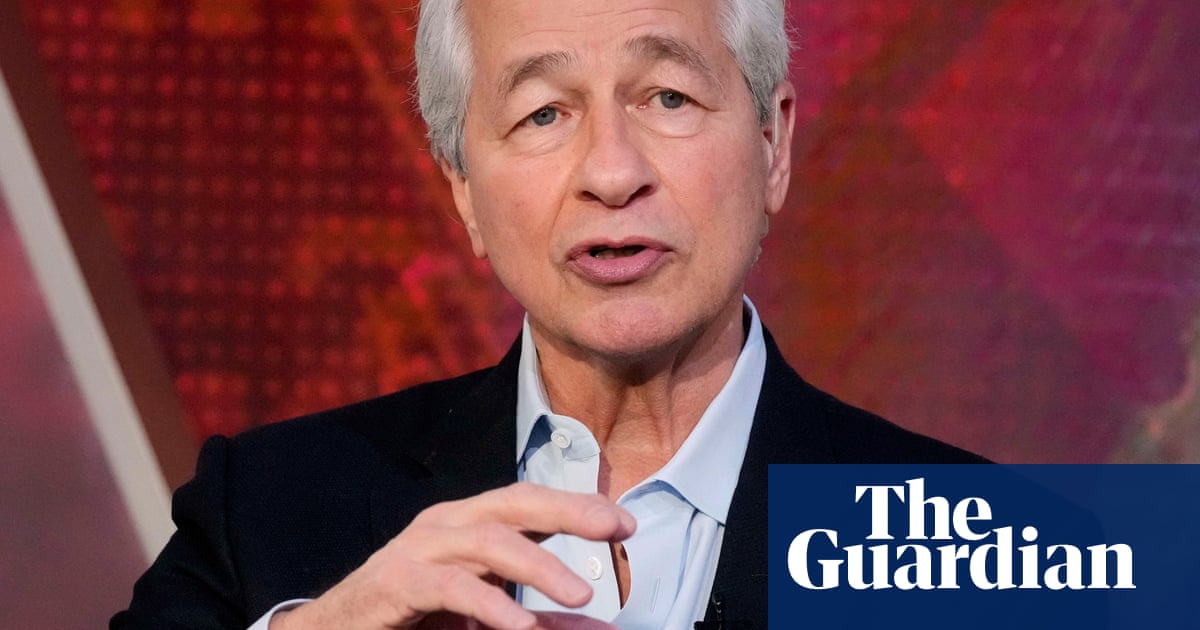The embattled Labour leadership is facing a challenge from backbench MPs pushing for wholesale reform of gambling regulation, putting Keir Starmer on a potential collision course with some of the party’s largest donors.
The Guardian understands that a large and growing group of backbenchers are concerned that ministers may pull punches on further regulation of the UK’s betting and gaming sector, which took a record £11.5bn from punters last year.
Weeks after Starmer and Rachel Reeves’s chastening climbdown on welfare reform, the group are expected to push for a rethink of the government’s approach to tackle concerns that more than a million people in Britain may be suffering from a gambling problem.
The group’s proposals include drafting an entirely new Gambling Act to replace the much-criticised legislation introduced by Tony Blair’s government in 2005, including measures to address high volumes of gambling advertising.
Sources said there have also been discussions in Westminster about moving responsibility for gambling policy into the department for health, rather than the departure for digital, culture, media and sport, effectively treating it as a public health issue, rather than a leisure pursuit.
MPs who won their seats in 2024 are among those making the case for a tougher stance, via the all-party parliamentary group (APPG) on gambling harm, which will launch a wide-ranging inquiry into the future of regulation on Thursday.
The group is chaired by Tory grandee Iain Duncan Smith but features a bevy of new Labour MPs, including Beccy Cooper, Sarah Coombes, Alex Ballinger and Andrew Pakes.
They have also won support from party veterans such as Dawn Butler and the mayor of Greater Manchester, Andy Burnham, on a parallel drive to hand more power to councils to block the spread of 24-hour slot machine venues.
The Fabian Society, the socialist thinktank that co-founded the Labour party, has also published a pamphlet calling for some of the most addictive gambling products to be banned.
The groundswell of support for more extensive reforms appears to be at odds with how the government has approached gambling since assuming power.
While ministers have rubber-stamped some of the previous government’s policies, such as a cap on slot machine stakes and a statutory levy on betting firms, the government has shied away from imposing more controls on advertising, or tackling permissive licensing laws.
Labour has longstanding ties to the gambling industry, including the receipt of donations worth more than £400,000 in the four years leading up to the 2024 election.
Both Starmer and Reeves have received donations from gambling firms including Bet365 in recent years, while several senior party figures are close to former MP Michael Dugher, who now chairs the betting industry lobby group.
Tom Watson, the former Labour deputy leader, became an adviser to Flutter, the owner of Paddy Power, Betfair and SkyBet, after leaving politics.
Many backbenchers with an interest in gambling regulation, including several who won their seats in 2024, do not have such connections. They now have a stronger bargaining position after the Labour leadership’s authority was weakened by this summer’s successful rebellion over welfare reforms.
Cooper said: “I think a new Gambling Act will be needed to meet our manifesto commitment to reducing gambling-related harm.
“To future proof a new Gambling Act – as with the tobacco industry before it – we need to be able to ban the most harmful products, remove all advertising aimed at children and stop sports marketing that minimises the harmful nature of this addictive product.
Pakes and Ballinger agreed on the need for a new Gambling Act.
Ballinger, a former Royal Marine who has raised concerns about gambling addiction among ex-servicemen and women, said he was particularly concerned about advertising. He said the APPG would “make the case to our colleagues and we can make the same case to ministers collectively”.
Ballinger also said there was a case for discussing whether the health department takes over gambling policy.
The Guardian has approached the Department for Culture, Media and Sport for comment.

.png) 3 months ago
39
3 months ago
39

















































